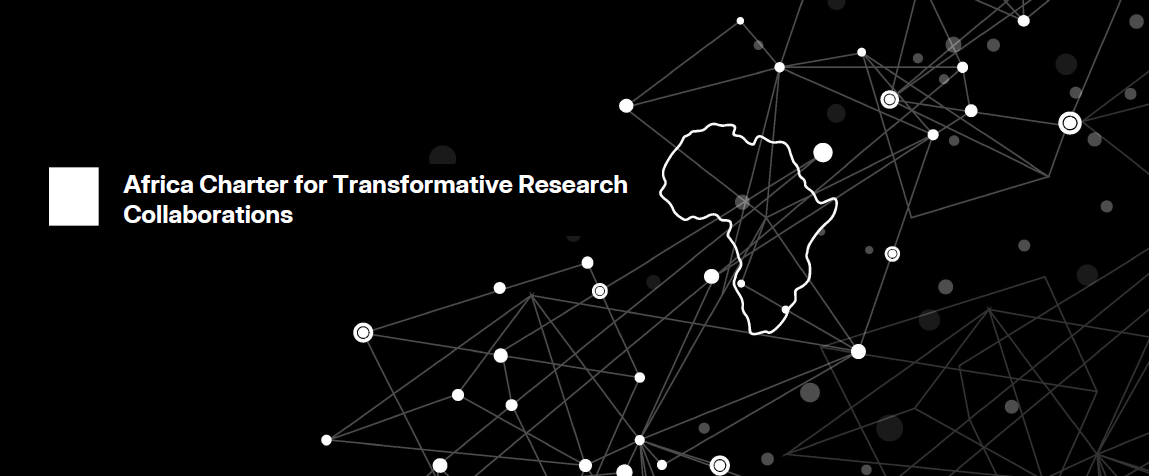Academics from Royal Holloway, University of London will be highlighting to MPs the need for more support for young people in the UK living with HIV to lead a happier life without the stigma of their diagnoses.

This follows a study, led by Professor Michael Evangeli from the Department of Psychology at Royal Holloway, University of London, which underlined the importance of open discussion around HIV status.
The event, to be held 18 July at the Houses of Parliament and hosted by the All-Party Parliamentary Group on HIV/AIDS, will raise awareness of the difficulties young people have living with HIV and sharing their HIV status with others.
The event has been organised to showcase new results from the ‘HIV Empowering Adults' Decisions to Share-UK/Uganda Project’ – or HEADS-UP. This study developed and tested a programme for young people who have grown up with HIV, to help them with decision-making about sharing their HIV status with others.
HEADS-UP was funded by ViiV Healthcare, and a film will be shown to MPs of interviews with young people talking about how the project has helped them to build confidence in talking about their status.
Young people living with HIV are often still anxious about sharing their status.
Professor Michael Evangeli said: “We’ve seen so much good work done in the fight against HIV and AIDS over the last 35 years, but being open about your HIV status is still one of the most difficult conversations imaginable, for a variety of reasons.
“The stigma of HIV is still very much alive, with stereotypes from the past causing young people living with HIV to refrain from sharing their status, which can lead to loneliness and isolation. This study has told us that there is a need for structured HIV sharing support for young people living with HIV.
“Programmes like HEADS-UP show the value for young people with HIV in having a support network where sharing their status can be discussed. This study is part of that push for education and open discussion.
“If confidence in sharing HIV status increases, stigma will decrease as attitudes towards people living with HIV change.”
HEADS-UP participants were from the UK and Uganda, aged between 18 to 25 in Uganda and 18 to 29 in the UK who contracted HIV from their mother during pregnancy, birth or breastfeeding.
Participants attended three group sessions, facilitated by two therapists (one of whom was living with HIV) and one individual session to discuss issues with sharing their status.
Most participants had never shared their HIV status with anyone – or had only told very few people.
The findings suggested that six months after the study, those who received the intervention had higher levels of wellbeing and were more motivated to share their status with other people, than a group who did not receive the intervention.
Co-Chair Baroness Barker of the All-Party Parliamentary Group for HIV and AIDS added: “We are looking forward to hosting the event to showcase HEADS-UP.
“Over the past 40 years, we have seen huge strides in HIV treatment, prevention and testing. This programme will help demonstrate the value for young people with HIV in having a support network where sharing their status is encouraged. The empowerment of young people is vital if we are to end AIDS related deaths and new transmissions of HIV.”
One UK participant said of the support: “I feel like it helped me and encouraged me to actually share with a few more people. I felt like a weight lifted off my shoulder.”
























